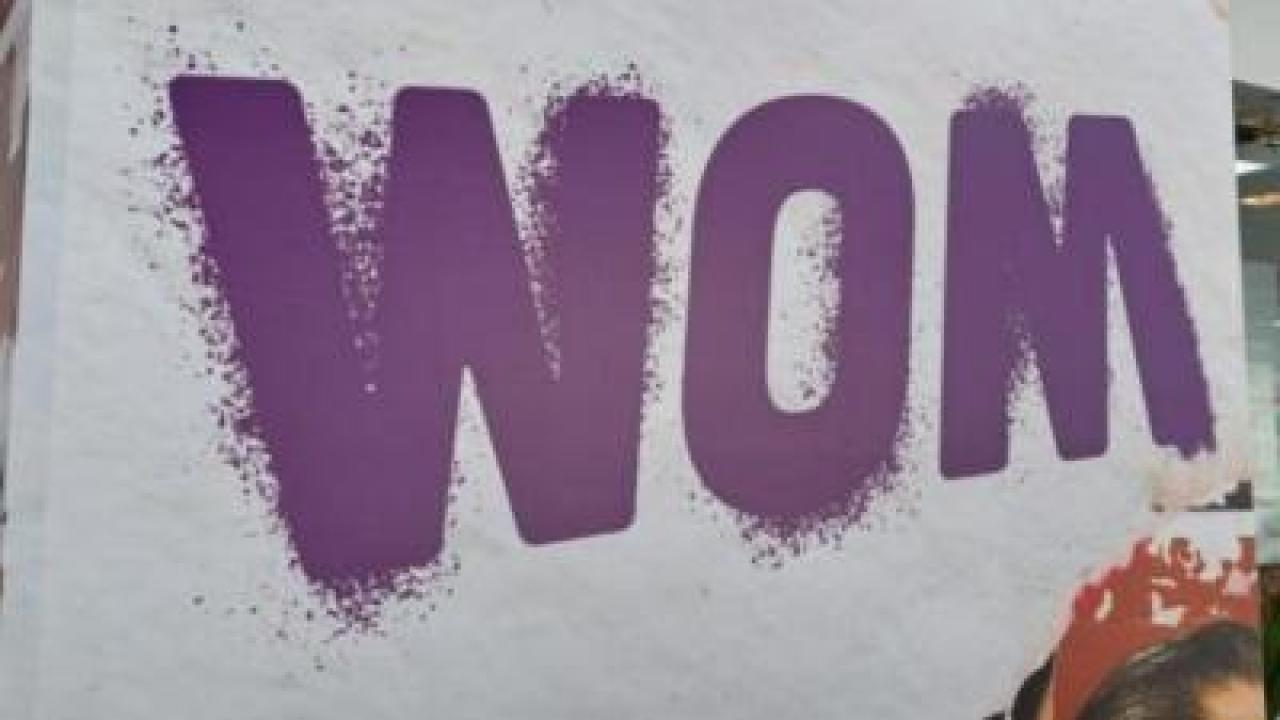
The deal establishes that the debtors will carry out the search or sale of partners and that even the members of the ad hoc group participate as possible bidders, while the debtors must give them access to the information given to other people.
After benefiting from the Bankruptcy Law in the United States last April, this Monday, the Delaware bankruptcy court gave the green light to the agreement between the telecommunications company WOM and the “ad hoc” group of creditors.
According to Diario Financiero , this agreement reached in June seeks to maintain the reorganization process in the North American country.
And now, the court approved it after rejecting the argument of the organization in charge of administering bankruptcy cases in the US (United States Trustee Program, or USTP), who maintained that the agreement would bring high costs of fees that WOM should pay lawyers and creditor professionals.
Added to this is the fact that there would be no grounds in the Bankruptcy Code to pay the aforementioned costs.
Reorganization process in WOM
According to the CEO of WOM Chile, Martín Vaca Narvaja, he is pleased that with the approval of this agreement “the disputes with the Ad Hoc group are behind us. We will continue to advance in our financial restructuring and with the marketing process, with the purpose of maximizing value for all interested parties and having a successful exit from Chapter 11 in the shortest time possible,” reports Diario Financiero.
Within the agreement, it is also established that the debtors will carry out the search or sale of partners (marketing), and that even the members of the ad hoc group participate as possible bidders, while the debtors must give them access to the information delivered to others.
In this way, according to DF, more creditors will be able to participate, which would join the 98 possible interested parties in the reorganization plan, led by the investment firm Rothschild.
Friction with other companies
Another front that WOM faces is a lawsuit that it filed against Claro Chile, where it accuses it of unfair competition that "its executives impersonate ours."
Although it was WOM that first filed the lawsuit, its competitor later responded with a countersuit where it denied all accusations, maintaining that the move only seeks to cover up its financial problems.
Claro even pointed out that “as if it were a passionate teenager, WOM preferred that social networks act as a preliminary tribunal,” as postulated in the countersuit.
However, WOM reiterated that the aforementioned company had “adopted tactics in which its executives impersonate” those of its brand.









